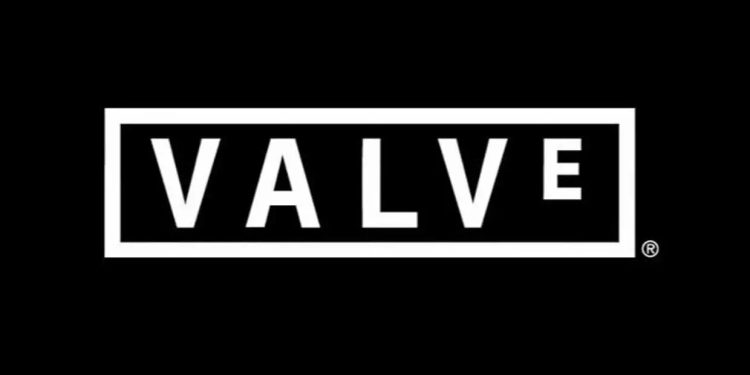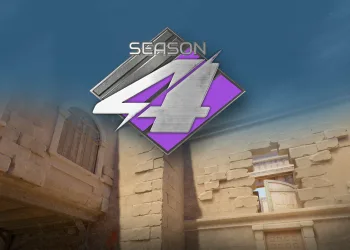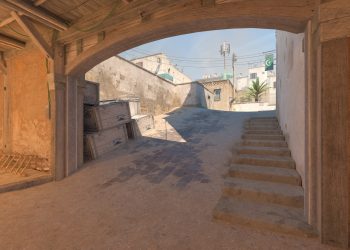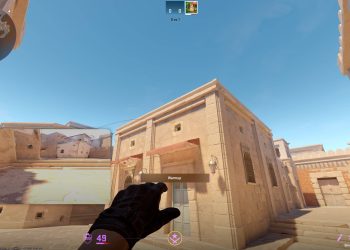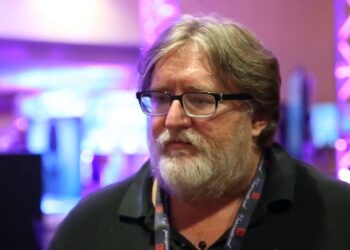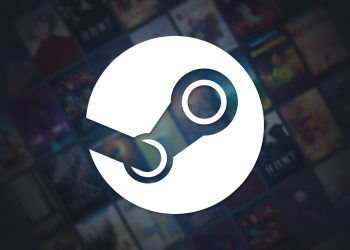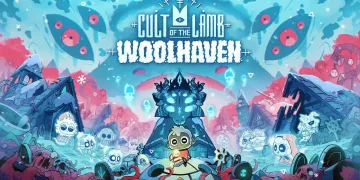Valve has taken the unusual step of removing a mod from Steam globally after the South Korean government requested its removal. The mod, linked to Mount and Blade: Warband, presented a distorted version of a significant and tragic event in South Korea’s history, stirring controversy beyond just local borders.
Reported first by Korean site This Is Game and then in English by Automaton, the mod titled “Gwangju Running Man” reimagined the 1980 Gwangju Uprising with a revisionist narrative sympathetic to the military dictator Chun Doo-hwan. This uprising was a brutal crackdown on protests against the dictatorship, resulting in thousands of deaths. The mod’s portrayal was seen as glorifying the regime and insulting the memories of victims and protestors.
Valve’s usual stance on content moderation is famously hands-off, rarely removing mods or games unless legal issues or major platform violations arise. That makes this removal notable. The mod was blocked worldwide, not just in South Korea, marking a first for Valve acting on a government request over content objections rather than apparent policy breaches.
Here’s the twist: the mod was a juvenile, offensive piece promoting a right-wing misinformation campaign. That alone might justify a ban in many eyes. But should Valve be pulled into these geopolitical and historical disputes? The slippery slope is worrying. What if future governments with less noble intentions demand similar actions? Steam is essentially a massive social platform, and these decisions set precedents.
Valve has removed games or mods before, but those cases mostly involved legal issues or explicit platform violations. Examples include “No Mercy,” removed by its developers after bans in several countries; “Domina,” delisted after the developer used patch notes for hateful messages; and “Active Shooter,” removed mainly due to the developer’s abusive behavior rather than content alone. “Fursan al-Aqsa” was banned in some countries for its sensitive subject matter. But none were removed worldwide solely because a government objected to the content.
Valve’s acquiescence, in this case, raises challenging questions about platform responsibility and censorship. Will other governments follow suit? Could Valve face pressure from less democratic regimes? It’s a complicated balancing act between free expression and respecting historical truths.
As someone who has spent countless hours modding and enjoying community creations, I understand the value of free creativity. However, when mods start rewriting painful histories with harmful agendas, it becomes a mess. Valve’s choice here might have been the lesser evil, yet it opens a Pandora’s box of political interference in gaming spaces.
What do you think? Should Valve step in when mods distort real-world tragedies, or should they stay out of political crossfires? Drop your thoughts below — I’m curious how the community feels about this one.

